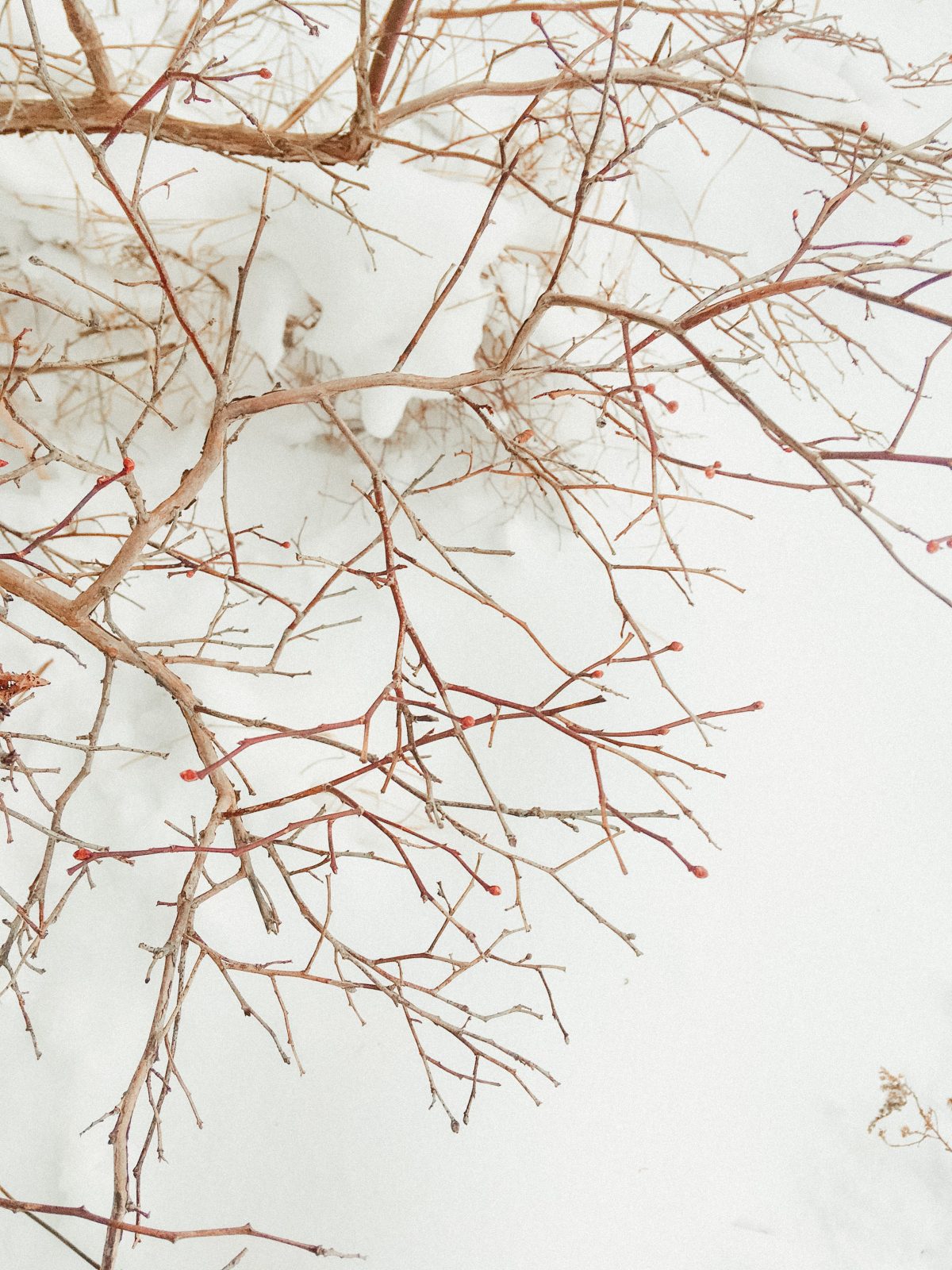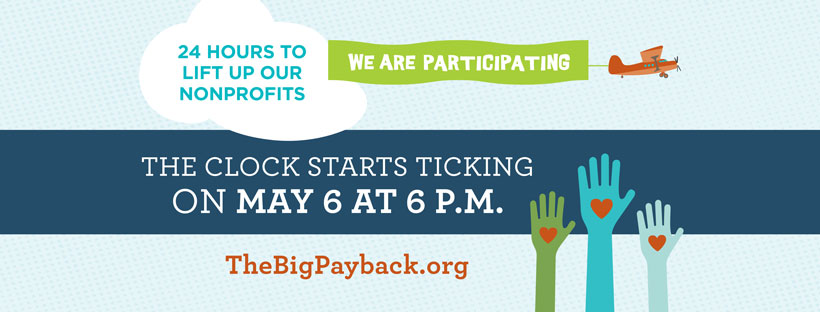Here’s a presentation I delivered this summer on the near-future of AI and Machine Learning systems and services for the 2021 IDEA Institute on Artificial Intelligence. I discuss how ML systems “create” things, two types of ML systems that are popular right now (CLIP and GAN), how they might be used in the information world, and what sorts of things I continue to worry about as these systems become more prevalent.
…Can I Be Electric Too?
The Beginning…
A few weeks ago, my workhorse of a 2012 Honda Civic was viciously attacked by a deer on a dark road.
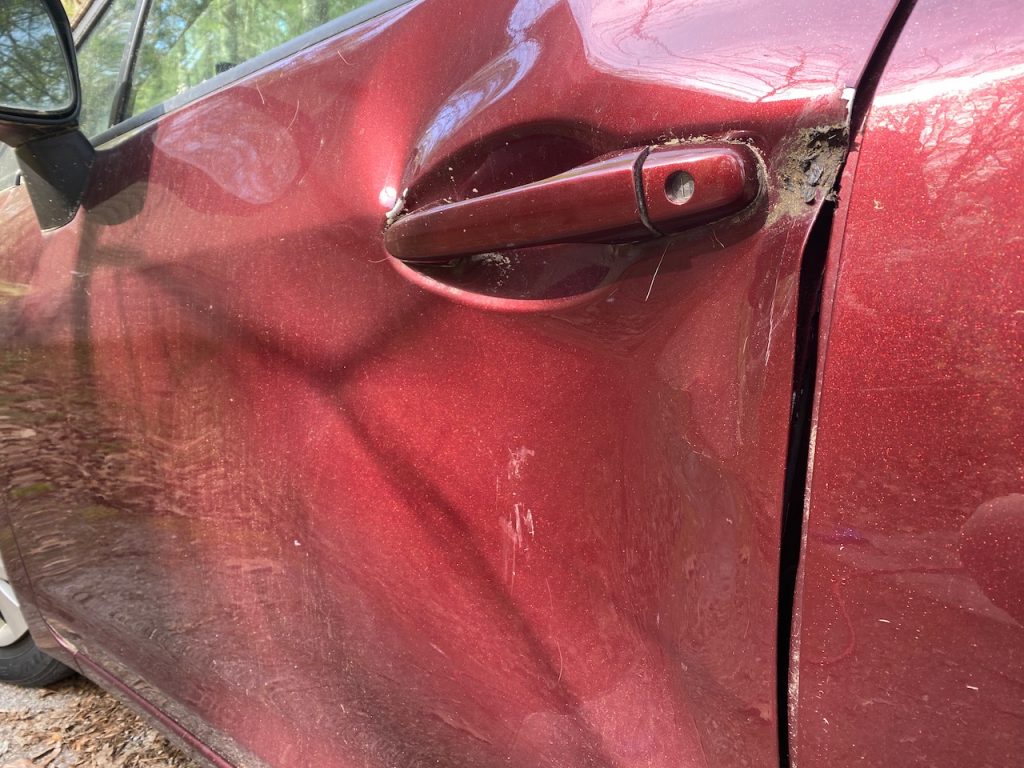
It was (and still is overall) a great car…it was purchased just before I started work at the University of Tennessee at Chattanooga as an academic librarian, because I needed the highest mileage vehicle I could find. After nearly 180K miles, it’s still running like a top. But the deer slammed into the driver’s side door at full speed absolutely destroyed the door, broke the outside handle, and bent the door frame away just enough to be annoying. After getting an estimate from a body shop that was 40% of the value of the car, it looked like maybe it made more sense for me to look around at a “new” car for myself.
In 2021, what’s that look like? I started with the presupposition that I’d prefer to buy an electric vehicle, at a minimum a hybrid, but that it didn’t make sense to get a fully internal combustion engine (ICE) car for the sort of driving I do at this moment in time. Most of my driving is inside a 90 mile range of Middle TN/AL/GA, and doesn’t involve hours and hours on the road at a time. After looking around at options in EVs, it was quickly apparent that there weren’t a ton of choices right now, and that also there would be a metric ton of choices in the next 2 years.
Everyone knows Tesla, and as much as I love their technology and they are still the clear leader in EVs in the US, they are out of my price range and I’m largely annoyed by the cult of personality that seem to follow them. After reading and watching a LOT of reviews of the non-Tesla options, I was very intrigued by the Chevrolet Bolt EV. Less expensive, good size, and with enough range that I never really have to think about it (250 miles on a full charge), the Bolt fit in the sweet spot for me.
Once I’d narrowed the search that far, I discovered that it was a VERY opportune time to be shopping for a Bolt. With enormous dealer incentives, external incentives (Costco had a $3K member incentive to purchase one), and the fact that it was the end of the quarter and the beginning of the 2022 season for cars, with new models expected to start arriving over the next few weeks, dealers were very eager to make sales and get the existing cars off their lots.
So I bought one.
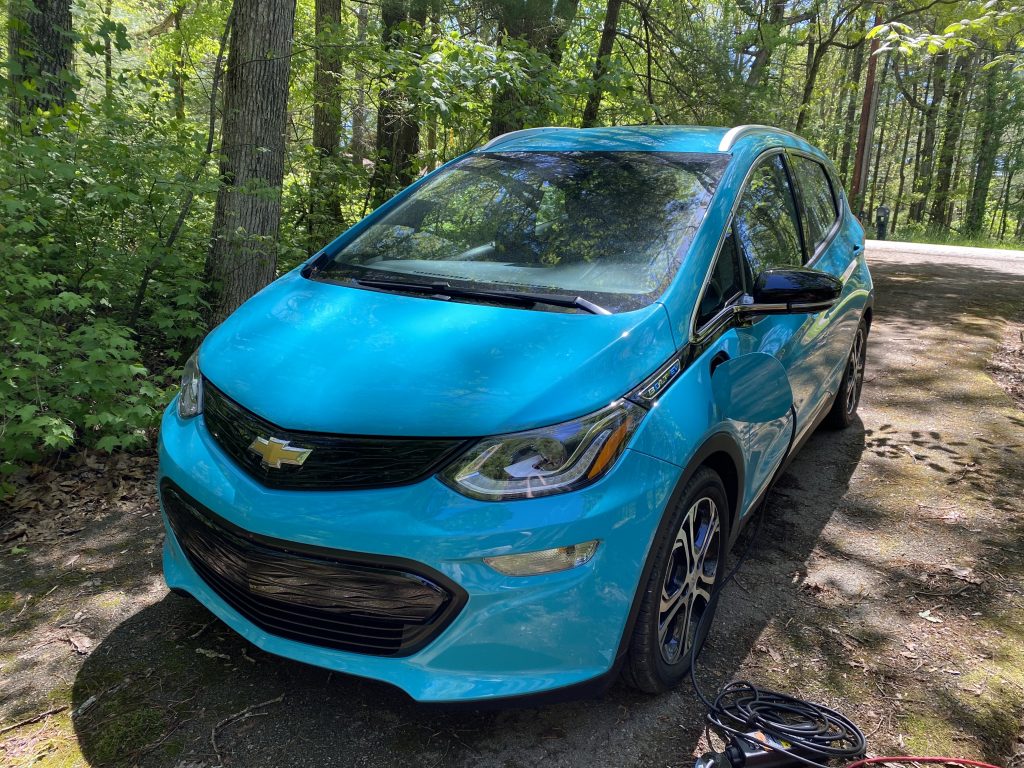
What’s Electric Like?
I had ridden in electric cars before this, having had the opportunity at CES in Vegas some time back to attend a press demo of electric vehicles and ride in a whole bunch of early versions. Obviously I’d done a ton of reading about the differences between EV and ICE vehicles as far as driving them goes. But after a week of this being my daily driver, I just gotta say that this car is fun as hell to drive.
Super peppy, corners like a boss, power exactly when you want it, and nearly silent otherwise, this thing is a blast. It has great sound, Apple CarPlay, a ton of safety features that my previous car didn’t have (lane warnings, 360 camera, camera rear view) that make it just easier to relax while driving. It’s fun in a way that no car I’ve ever driven is, and it doesn’t hurt that I feels a little like I’m piloting a spaceship.
But What About Charging?
With a 250 mile range at full charge, I can go nearly a whole week without really stressing about charging. Right now, there’s a few options for me when I need to charge, though. The first is that the Bolt comes with what’s called a Level 1 charger that is effectively a fancy extension cord for a standard 120v outlet. This is the slowest of all possible options, as there’s not a lot of oomph in a standard US 120v outlet. Plugged in this way, the car will gain about 4 miles of range every hour that it’s plugged in. If you plug it in overnight for say, 10 hours, you can bet on roughly 40 miles of range being added to your battery.
My plan is to eventually install a Level 2 charger here at home, which uses 240v outlets similar to an electric dryer. With one of those, I can add 25 miles of range for every hour spent charging, and so can top the entire battery up overnight whenever needed. This will cost me a couple hundred dollars for an electrician to install, and will be well worth it long term (and has a tax incentive attached to it that allows you to claim 30% of the cost as a write-off).
In my immediate area, I have a handful of charging options not at my house. The town next door to me (10 min drive) has free Level 2 charging at their municipal building, where I could park and charge for free if needed. A town slightly farther away (30 min) but where I spend 3-5 nights a week because of various classes and rehearsals has a commercial DC Fast Charger station (Electrify America) which is the most expensive but also fastest way to charge your car…with it, you can add 100 miles of range in about 30 minutes. The charge for that charger is .16/minute, so for under $5 I can add 100 miles of range anytime I have a few minutes after dropping my kid off at dance class.
Conclusions
I’m thrilled, so far. Cautiously so, because this seems too good to be true and I’m sure the cruel hand of fate is waiting to smite me because if 2020 taught us anything it taught us not to assume good things about the world.
This thing is super fun, charging it requires a little forethought but is really not that big a deal, and I live in an incredibly rural area without a ton of infrastructure for EVs. I expect that will improve over time, and my experience on that front will get better and better, and people in more dense population centers will have an even easier time.

A few months ago, I was asked to fill in and present at the virtual Computers in Libraries and Internet Librarian conference on the topic of Artificial Intelligence. The description for the presentation was already written and published, and I was asked whether I wanted to step in and create a presentation based around it. That description was:
Should face recognition change the way we interact with our customers? What if, for example, I can greet a person by using their last name as soon as he/she gets to the lobby because I have an iPad that will immediately show me the customer’s name, reservation, or even current fees? What near-future technologies will be enabled by AI, and which of them will be useful to libraries? Join us and learn how to make decisions about the good and bad aspects of AI technologies.
When I initially read this description, my first thought was “Say What?”. Given what we know about the realities of the racist and sexist inequities built into facial recognition, it seemed extremely odd to me to suggest libraries should be using it.
So, I decided to make that thought explicit, and the result is this presentation.
Below you’ll find video of my talk, as well as the PDF of my slides. If you’d like to download the slides, you can do so here.
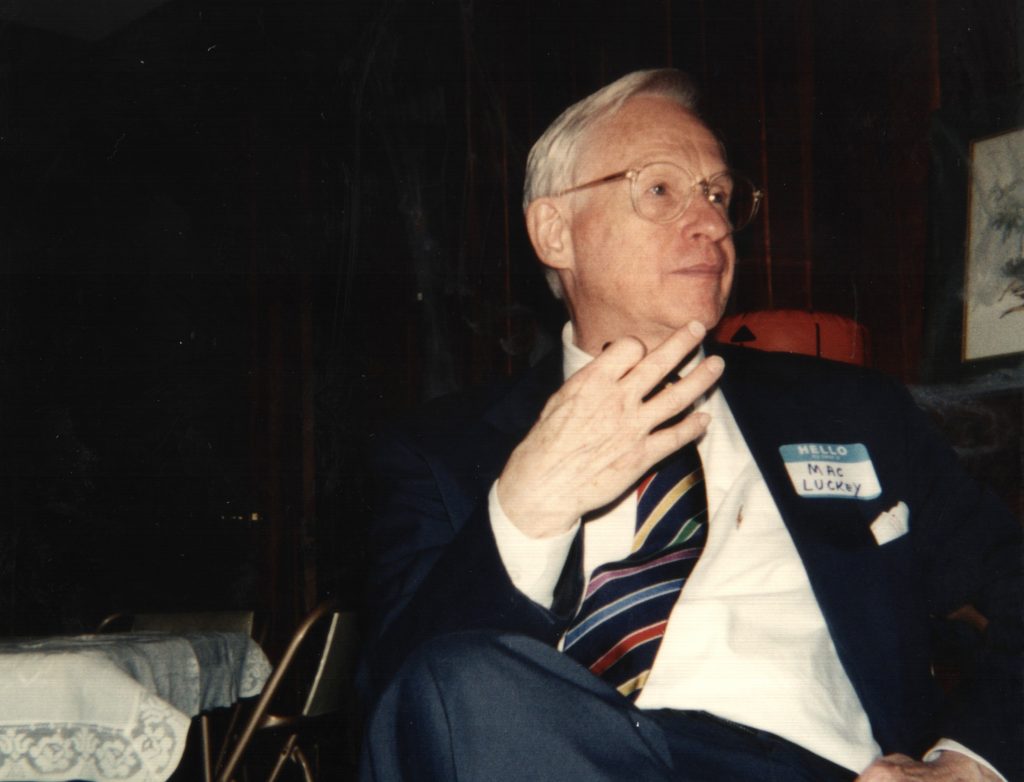
There are those people that come into your life, and shift it. They alter your trajectory, put you on a new trail, to a new place that you weren’t expecting, and maybe didn’t even know existed. I’ve been lucky enough to have learned from many wonderful people, and a few extraordinary teachers. Dr. Mac Luckey was the finest professor, the most wonderful teacher, and one of the finest men I have known in my life. He died yesterday, after an extended series of health issues, and the world is a dimmer place this morning.
For those of you that might read this that did not know him, the closest I can come to explaining his command of teaching and his laser-focused care for his students is to compare him to Robin Williams character in Dead Poets Society, Mr. Keating.
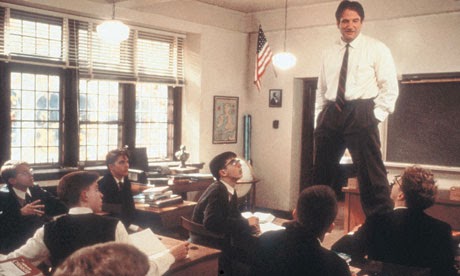
The stories of Mac’s teaching are innumerable. The one I will always remember is that once, upon showing up to an early morning philosophy class to find it inexplicably empty (was the day before a holiday, everyone skipped to go home early and miss the weather), Mac lectured to the empty classroom. He said it was good practice.
When I walked into college my freshman year, I was registered as a pre-med major. I loved biology, and was full of youth and the desire to move the world. I was also a smart kid from the holler, where the only reasonable and responsible employment for said smart kids was as a medical doctor…they were the smartest person in each tiny town, and so conventional wisdom was that’s what you went to school to become. But because I was one of the smart kids in high school, I was also a member of the Honors Program at my university. The Honors Program that was largely created, crafted, and directed by Dr. Mac Luckey.
Mac was a philosophy professor, and I had just the previous summer had my initial introduction to the idea of philosophy as a subject during my summer as a Governors Scholar where it was my minor. The Honors Program curricula was heavily centered around philosophy, and Honors 101 was taught by Mac. The combination of the people and the ideas, all guided and curated by Mac, set my head on fire. It was like having your forehead opened and someone pouring new ways of thinking directly into your brain…it was exhilarating and life changing in ways that could not be fully enumerated because I would end up simply waving my hands around shouting “everything” over and over.
In addition to the thrill of mainlining new ideas, Mac believed in you, and fought for you. My freshman year, a group of honors students decided that while the program was great, there wasn’t student-directed parts of it, and decided to form the Academic Honors Student Association. A group of us huddled in the Honors House until wee hours in the morning, writing what would be the first constitution of the new group. Mac dutifully helped us work it through university processes, and the group still stands today at the university. My time as VP and then two years as President of that organization were my first experiences really leading others, and that wouldn’t have existed without Mac.
He’s also responsible for my first academic presentation. Morehead State had, at the time, never sent any students to the National Collegiate Honors Council annual conference. My sophomore year, Mac had the idea that it was time to change that, and worked with myself and Lenore Womack (now Dr. Lenore Wright), to put in proposals for presentations at the annual conference….in Los Angeles. When they were accepted, he worked to find money to cover our travel so that we could go without worry. The two of us delivered the first national academic honors presentations from a student at Morehead State University that year, and that experience led to hundreds and hundreds of other students being able to do so over the following years.
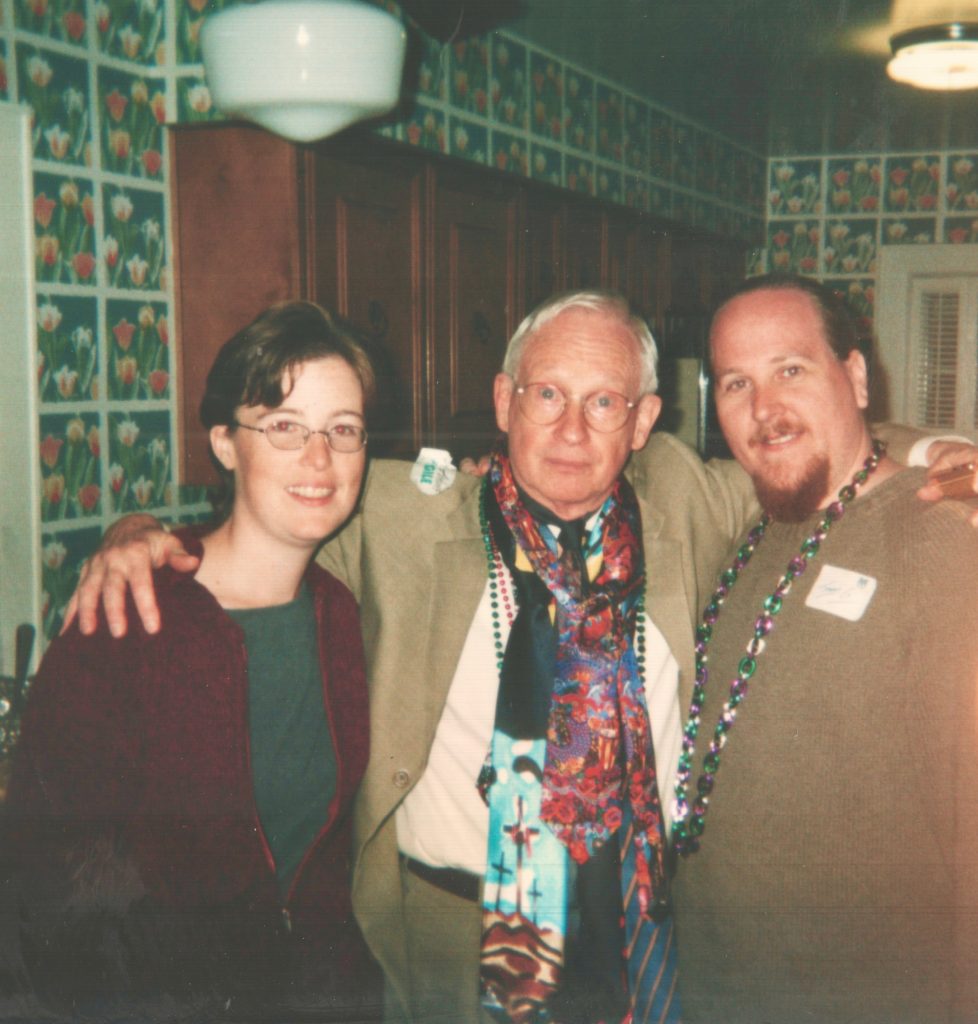
It was because of the Honors Program that I met, fell in love with, and married Betsy Sandlin (now also Dr. Sandlin, something that Mac certainly had a hand in). The people associated with the Honors Program are some of the most meaningful relationships of my life, and the deepest friends I may ever know. It was because of Mac that I changed my major to philosophy, that I went on to graduate school in philosophy, that I decided that a life of the mind was the life I needed. It is impossible to overstate the degree to which I am who I am today because of Dr. Mac Luckey.
In addition to all of the intellectual and academic bits associated with Mac, he was also unfailingly kind and supportive. He would challenge you, but only in order that you could see how better to understand the opportunities in front of you. He and his wife Dr. Sue Luckey opened their house to students regularly, through dinners and parties and more. He was an unwavering supporter.
I could go on for another thousand words about Mac, and I still couldn’t come close to how important he was to so, so many people. He was, in many ways, the type of person I want to be. What more could I say than that…
I couldn’t think of a better way to eulogize Mac than with the poem made famous in the modern day by Dead Poets Society, originally written by Walt Whitman to eulogize President Lincoln.
Mac was, for so very many of us, Our Captain.
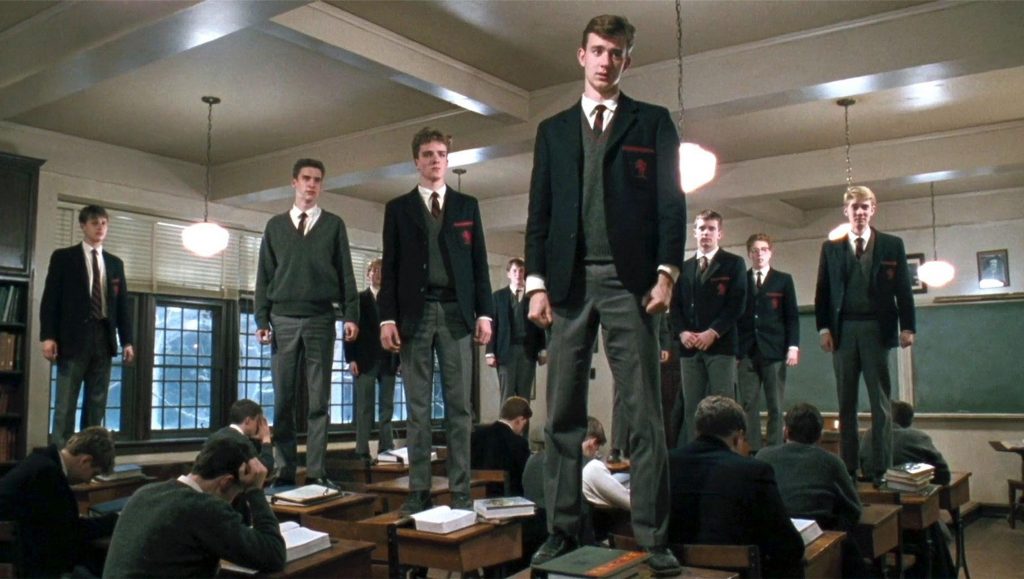
O Captain! my Captain! our fearful trip is done,
The ship has weather’d every rack, the prize we sought is won,
The port is near, the bells I hear, the people all exulting,
While follow eyes the steady keel, the vessel grim and daring;
But O heart! heart! heart!
O the bleeding drops of red,
Where on the deck my Captain lies,
Fallen cold and dead.
O Captain! my Captain! rise up and hear the bells;
Rise up—for you the flag is flung—for you the bugle trills,
For you bouquets and ribbon’d wreaths—for you the shores a-crowding,
For you they call, the swaying mass, their eager faces turning;
Here Captain! dear father!
This arm beneath your head!
It is some dream that on the deck,
You’ve fallen cold and dead.
My Captain does not answer, his lips are pale and still,
My father does not feel my arm, he has no pulse nor will,
The ship is anchor’d safe and sound, its voyage closed and done,
From fearful trip the victor ship comes in with object won;
Exult O shores, and ring O bells!
But I with mournful tread,
Walk the deck my Captain lies,
Fallen cold and dead.
Several people asked if I was going to record the speech from my previous post. It had crossed my mind, but I wasn’t sure, and so over the last week I tried a few different takes, and finally got an edit that I think came out ok.
So one more time, here is The World We Dream About & The One We Live In Now, this time in MP3 format, with a slightly different opening that makes more sense in audio.
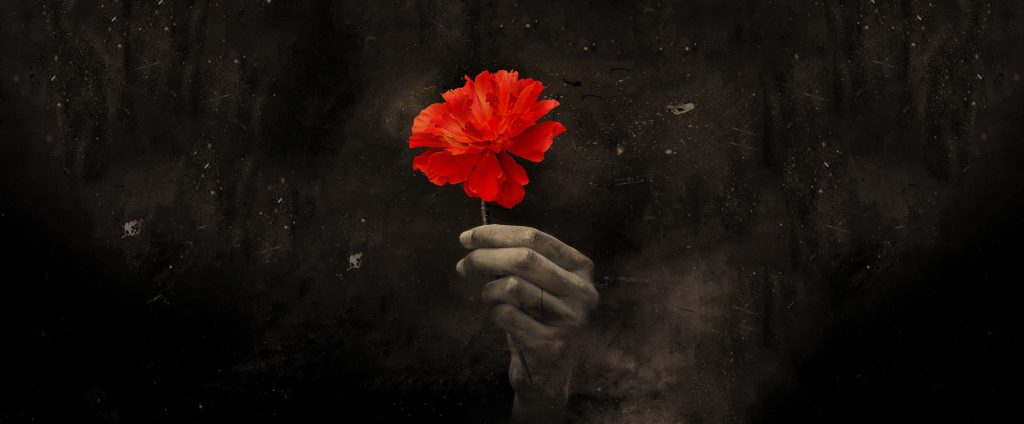
On February 12, 2020, I received an email from Gary Marchionini, the Dean of the University of North Carolina School of Information and Library Science (UNC SILS), asking if I would be the Commencement Speaker for graduation this year. I have rarely been so emotional about a speaking engagement, and about the honor of being asked. SILS changed the course of my life and career, and the idea of being in a place in both that was sufficient for them to ask me to speak is one of the most humbling and wonderful outcomes of my work.
If the world were different, last week would have been spent in Chapel Hill, seeing friends and visiting old favorite places. My Masters Paper advisor is retiring, and I would have been able to see him, thank him, and take him out to celebrate. Then March happened. Things begin falling apart at a pace, and among the myriad of swirling chaos (quarantine, canceled vacations, emergency preparation) one of the things that stopped was Commencement at UNC SILS. And so this, too, went away.
By the time it was clear there wasn’t going to be a commencement, wasn’t going to be a gathering of any kind for these students, for the community, I had already sketched out what I wanted to say. It was informed by the times, as it was already apparent that things were on a path to get much worse…but even then, just a few weeks ago, it wasn’t obvious how bad and how quickly.
Here’s some of what I would have said, in another timeline, standing in the Dean Dome on the stage in front of a few hundred students and family members. I hope that all of you who would have been there are safe, and that the uncertainty of the future is kind to you and yours.
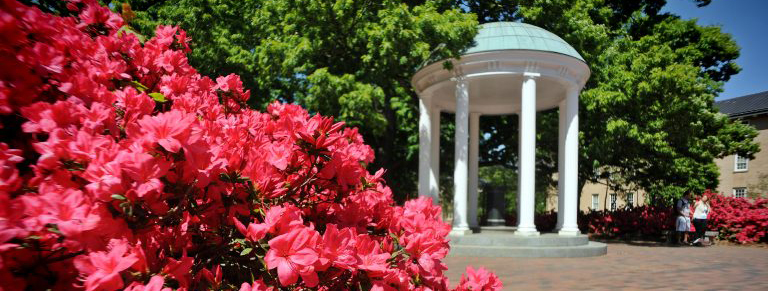
The World We Dream About
&
The One We Live In Now
What a wonderful Spring day here in Chapel Hill! Thank you to Dean Marchionini and everyone involved in making me a part of your day. I’m honored to be here, as I have been where you are, wearing my UNC gown and hood and accepting my MLS (although in my day we didn’t need the Dean Dome as a venue). When I was asked to give this talk, I thought a lot about what a commencement speech should be. Dean Marchionini gave me the advice to “inform and inspire our current graduates”, and while I took that to heart, I decided that ultimately what I wanted to do was give you the advice that I wish I had heard earlier in my career. I gave this talk a title, since I needed something to ground it as I was writing, and as a result I give you “The World We Dream About, and the One We Live in Now.”
The title is from Hadestown, the Broadway musical by Anais Mitchell, directed by Rachel Chavkin, about the story of Orpheus, Eurydice, Persephone and Hades. In the play, the line in question is found in a toast given by Orpheus on a day much like today, in honor of Persephone’s return to Earth and the subsequent growth and plenty that comes with her. The line is delivered with the recognition that the world of momentary plenty is transient, that we know there are hard times ahead in the world, even if right now is comfortable. Winter, as they say, is coming. The play itself is a meditation on telling stories, about love, and most of all it is a song about hope. I saw it last year, and have rarely stopped thinking about it since. I wanted to take just a few minutes with you here today to talk both about the World We Dream About, as well as the challenges of the One We Live In Now.
The One We Live In Now
The world that you are moving into, the one we live in now, is unlike that of any generation before. The promise of worldwide instantaneous communication and publication that was nascent during my time here in 2004 has been transformed into a panopticon for selling people better versions of themselves. The revolution of a supercomputer in every pocket enables social movements like the Arab Spring, but also allows for the data necessary to hypertarget political opinions and manipulate the population and elections. The removal of gatekeepers for publication didn’t result in a thousand flowers blooming, but instead an advertising-clickbait economic model that centralizes and destroys agreement about what is true in the world.
The pressure of gathering eyeballs has pushed partisanship to a never-before-seen level, where the arguments aren’t about policy or perspective, but about the nature of facts and recorded history. Blatant and direct lies are being told, repeated, reinforced, and supported by powerful platforms that are unwilling to take responsibility for the slow-motion destruction they are causing. Foreign powers are manipulating information to their own ends, and our own country has neither response nor reply. Epistemology is at war with ideology.
And so, I ask you: What can we do, in the face of this?
The World We Dream About.
I hope that we build the World We Dream About, of course. A world of equity and inclusion, of facts and truth. Bringing this world into being will be neither easy nor free, and it isn’t fair that this burden falls partially to you. Building this world is a fight against willful ignorance, a fight against anti-intellectualism and the denigration of expertise that is rampant today. This is not a fight that can be won by the Campbellian Hero, riding forth upon a white horse to vanquish foes. This work, this necessary effort, is a different kind of thing than that. It takes the type of work that maintains, that builds, that gathers people together towards a vision. It takes the work of different people, all wanting to make the world fair and equitable for all people. It is often quiet work that goes unrecognized. It takes people who are willing to stand up for the truth of reality, that insist on rationally understanding the world through expertise and evidence.
You all leave here today as proud graduates of UNC, members of a tradition and curriculum dedicated to the equity of access to both information and knowledge. The former is a pathway to the latter, and the work that is done by graduates of this program is wide-ranging and important. I graduated from SILS in 2004, and my fellow graduates went on to far-flung corners of the world, working in start-ups, libraries, government, and corporations. In the time since then, they have moved across the US and around the world and have accepted increasingly more responsible positions. You, too, will go out into the world, find your communities, and work to make them better than they were when you arrived.
My first piece of advice to you is: look around yourself right now, at your fellow graduates. As big as the world of libraries and information is, you will see and probably work with some of these people again. Libraries and information are everywhere, but librarians and the information professions are a small and tightly knit bunch. The people you see around you now will be the people you hear about in the next decade making their names and changing the world. Don’t lose them.
Keep your community with you, and grow it as you move along, because absolutely no one succeeds without the support of others. There really is no such thing as succeeding by yourself. Everything is contingent on the community you are in, the people you surround yourself with, and the world that you help to build for others. As you gather your communities around you, be aware of the connections between you and them, of the support necessary for society to thrive. The myth of the “self-made” person is just that…a myth. Don’t fall prey to it, and find the people, places, and connections that make you the best you can be.
Finally, here are a few last pieces of advice, the ones that I wish I had learned a bit earlier in my life.
- Learn from history.
As Faulkner said, “The past is never dead. It’s not even past.” Learn from the history of place, the history of people, the history of struggle and the history of pain and sadness that make up the world. I never thought that I would live in a time when I had to explain to adults why Nazis were bad, and yet here we are. - Build your community through radical inclusion. Treat others as agents and actors in the world, and believe them when they show you who they are, both good and bad.
- Make good choices.
Not necessarily best choices, just make good ones, in the moral sense. When you have an important choice to make, ask yourself: Will this make me better, and will this make my community better? It’s ok if the answer is Yes to only one of the two sometimes…but if you find yourself in a situation where it’s always the same one, you should rethink your moral position. - Do not condone or allow evil in your community.
This is more challenging than it should be, but it is easier if we all do it together.
You are all now information professionals. Information is the gift we give to the future, so choose carefully the gifts you leave behind for the generations that follow you.
And with that, to you all I raise a glass: To The World We Dream About, and The One We Live In Now.
Thank you.
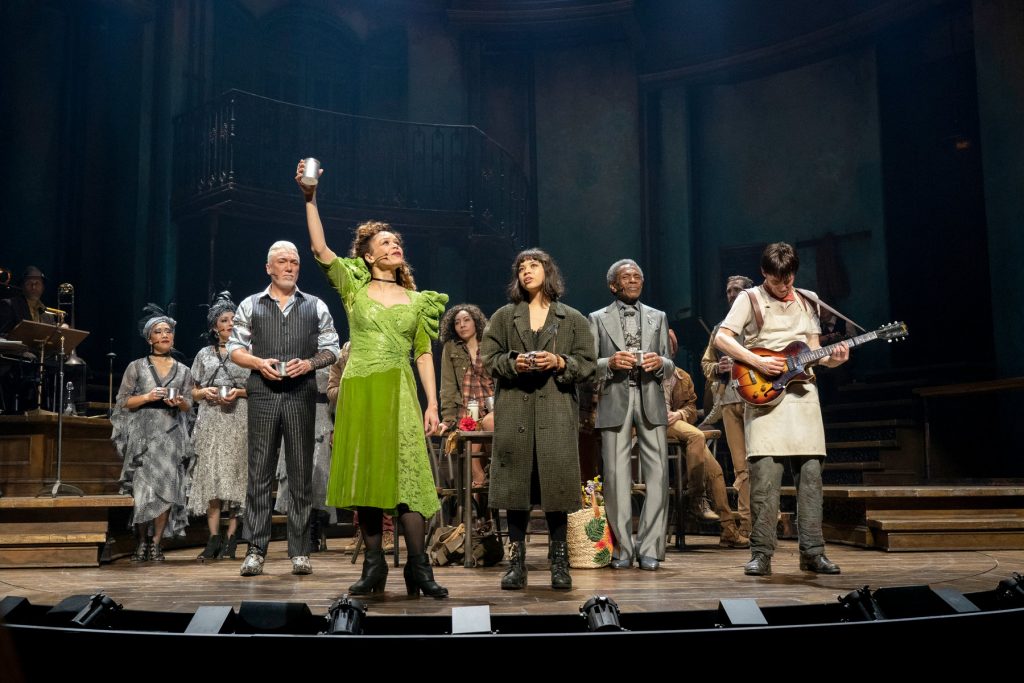
Today at 6pm starts The Big Payback (https://www.thebigpayback.org), and while there are dozens of non-profits that need our help right now, I’m starting with the one that began our family’s path into community theater. Millennium Repertory Company was the first to put Eliza on stage, casting her in their production of The Wizard of Oz. Since then she’s performed on over a half-dozen stages around Middle TN, and Betsy and I have donated time and energy into helping these theaters put on amazing shows for our community.
I’m a member of the Board of Directors at Millennium Rep, and have been proud to be a part of their work. But especially now, with theaters dark and shows closed, local theater needs money to keep things running.
Starting at 6pm tonight, and running through 6pm Thursday, there are a number of contests, matches, and other incentives that increase the power of your gift. Please, to all my friends around the world, if you have anything you can donate, even $5, it will help keep the Arts vibrant in Middle TN.
Click here to donate: https://www.thebigpayback.org/griffey
This is not my beautiful house…
This site has undergone quite a change over the last couple of weeks, and for the purposes of me remembering and for the 2 people in the world who might be interested, here’s a quick summary of what I’ve done.
As part of moving servers, it became obvious that I needed to simplify my online structures fairly aggressively. Over the last decade or so, my personal web presence had expanded to include a personal homepage, a business page for my LLC, multiple project websites, a site for my daughter Eliza, and a handful of one-off landing pages for various short-lived things. 5 or so of these things lived in a WordPress Multiuser install, while another 2-3 were individual flat HTML sites. Moving that entire mess to a new server didn’t seem necessary nor wise, so I gave some thought to how best to move things without breaking old things.
What absolutely needed to be maintained was my main URL (jasongriffey.net) and the various subdirectories under it that had become meaningful over the years…primarily my main blog which has lived at jasongriffey.net/wp/ for well over a decade now. The question then was, what to do with the other sites and posts that I’ve been maintaining for years? I briefly considered spinning up separate WordPress installs for each, and separating them out, but dismissed that for upkeep reasons. Too much work to keep it all secure. Moving everything over as a Multisite was a possibility, but that brought with it all the same complexity I wanted to try and get a bit away from, as well as being technically limiting on a few fronts because of the way I had routed the DNS for each site.
After some contemplation, I decided to export all of the posts from the variety of other blogs, and import them into my main blog, Pattern Recognition. I can import each blog with a different Author attached, and then use that to assign tags and categories that make it easy to create a link that filters to just that blog’s old entries, like so. This means there’s just the one “blog” and database structure behind it, and moving forward I can post just here…but the history of what I’ve written over the last 15 years or so is all saved and accessible.
While I’m certain there’s some things that are still broken (document links, etc) most everything seems to now be working ok. I’m solving problems under the hood with a combination of “put directories where old links expect them to be” and “abuse the hell out of .htaccess re-writing” so that hopefully lots of old links are terribly broken.
For a couple of the sites that really didn’t _need_ to be WordPress sites any longer, I just did a static export from WP and then uploaded them as flat HTML sites. Seems to be working. 🙂
So this is my new home online! I am going to do my best to do a bit more writing here…I find myself wanting more of my effort to go to things I control, and not things I don’t like the broader social web.
For those of you who made it this far, here’s a fantastic performance by David Byrne. Thanks!
New Site, New Look, New Host
After a wonderful decade or more happily paying Blake Carver to host my sites at LISHost, he decided last year to pull the plug on that service. I certainly took long enough, but I’ve finally moved things over to Linode and have everything seemingly running. There’s still tons of broken images, and I’m double checking a few things here and there, but mostly things are all back up and running. Not everything is exactly the same as before, and for my own memory I’ll probably write up a post about exactly what I did so I don’t look back in a year and think “What the hell was that guy thinking?”
But until I get that post up, at least the thing is still humming. Not bad for a site I started in 2003.
I’m also hoping to do a bit more active writing here, in these our times of quarantine and COVID-19. Let’s see if I can manage that.
Since July 1, I’ve been working steadily as the Director of Strategic Initiatives at the National Information Standards Organization, and while there’s a ton of work that I can’t talk about just yet, there is one thing that I’m ready to share. On February 23-25th, 2020, a new conference will emerge into the information landscape: NISO Plus.
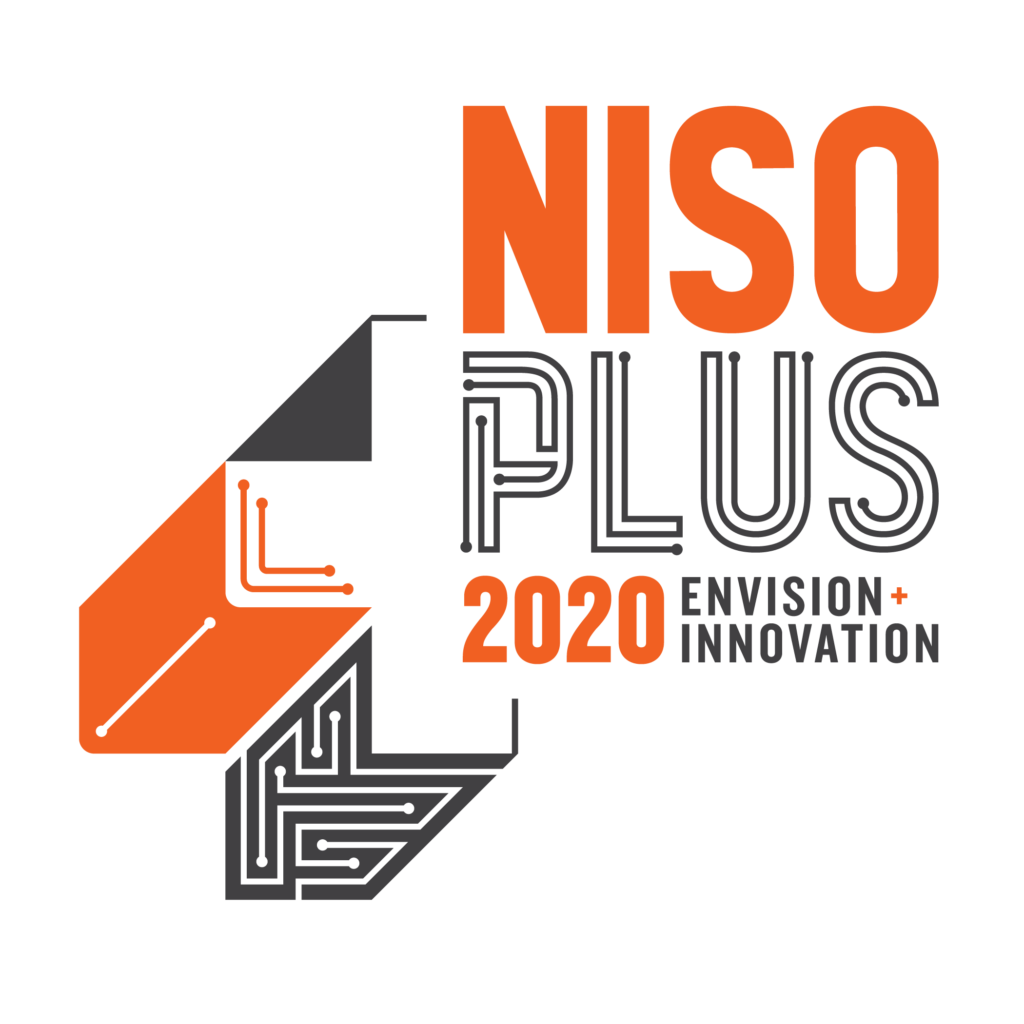
This conference is being put together in a very different way than some other information conferences. We’re hoping to get vendors, publishers, librarians, archivists, and anyone else involved in the information ecosystem together to tackle common issues and opportunities. The conference is being organized around the idea of conversations…we’ve identified vital topics, and we’re building in time not only for experts and ideas to be presented. I’ve helped put together a schedule that builds in time after each session for conversation and discussion…attendees will have the opportunity to dig in and share common problems and solutions with each other.
All of that, plus Ask the Experts Afternoon, Lightning Talks, Standards updates, popular sessions being repeated to make scheduling easier, a few Introduction to NISO sessions for those that aren’t familiar with the standards work behind so much of modern information, two amazing keynotes, the continuation of the Miles Conrad award from the NFAIS annual conference, a practical Artificial Intelligence preconference…this is going to be a new and different sort of thing.
Come help us inaugurate the NISO Plus conference. February 23-25th in Baltimore, Maryland. All the information you could need can be found at https://niso.plus. If you have any questions, just ask…and if you want to be involved as a speaker, or see an area that you know someone could just knock out of the park, let me know.
